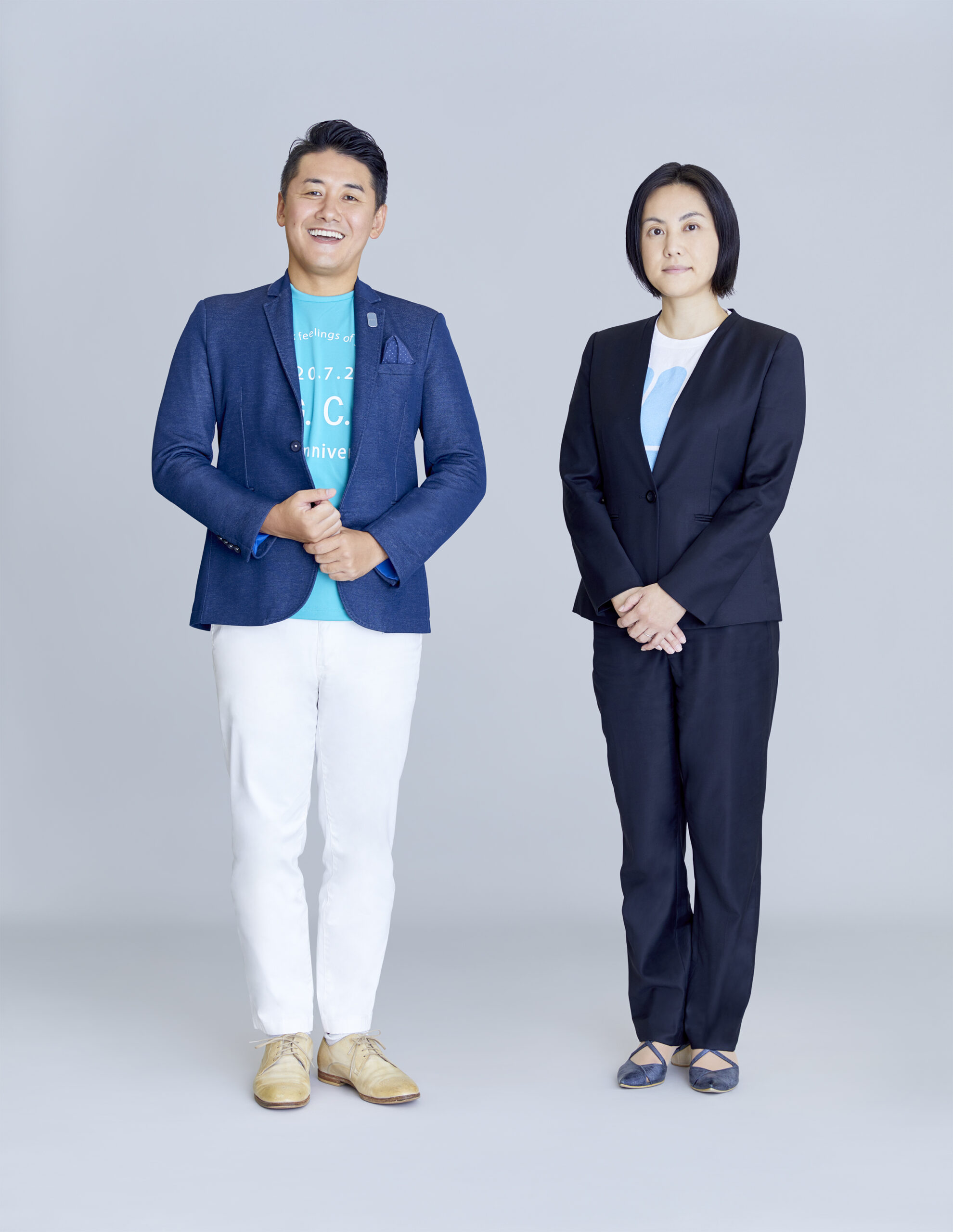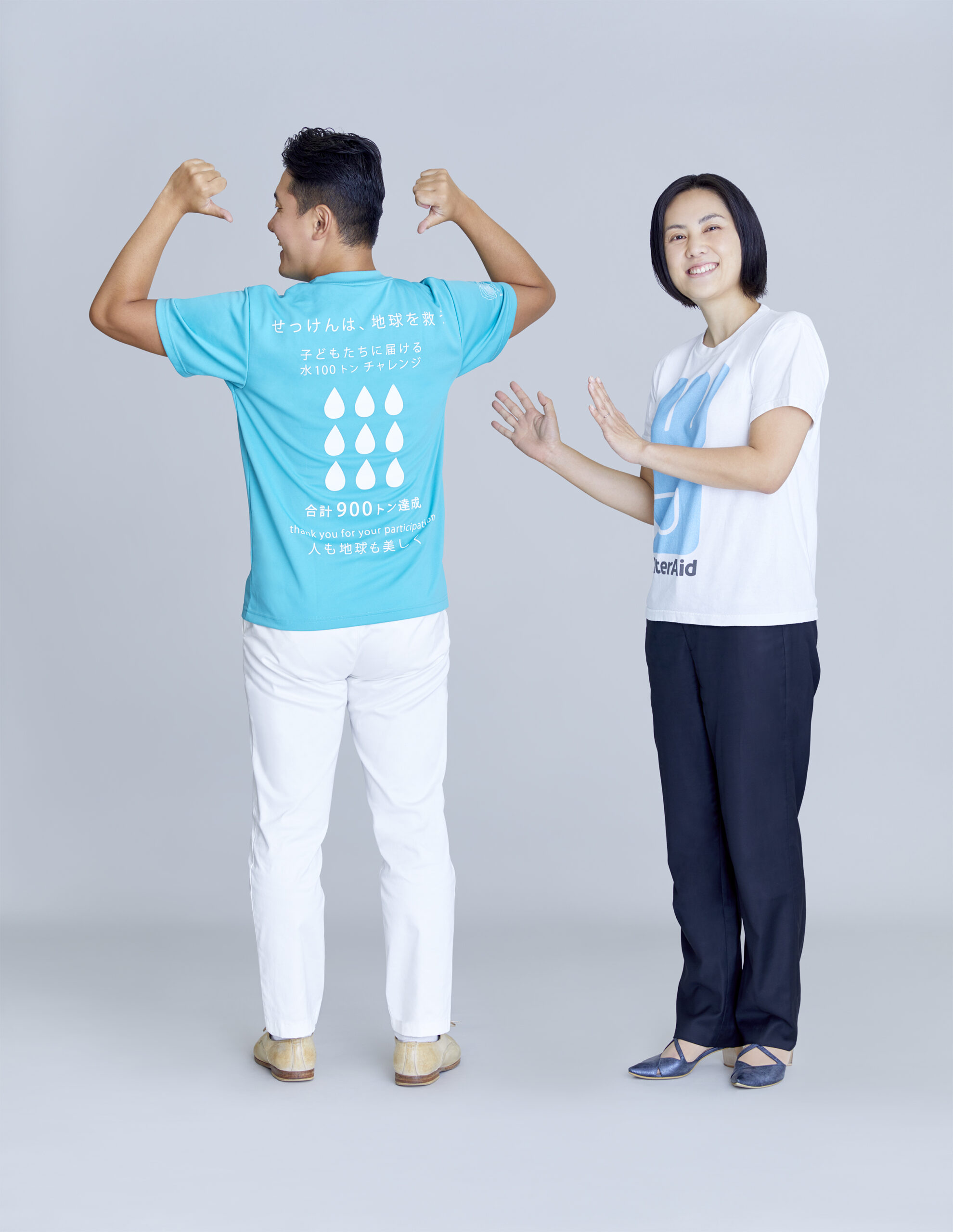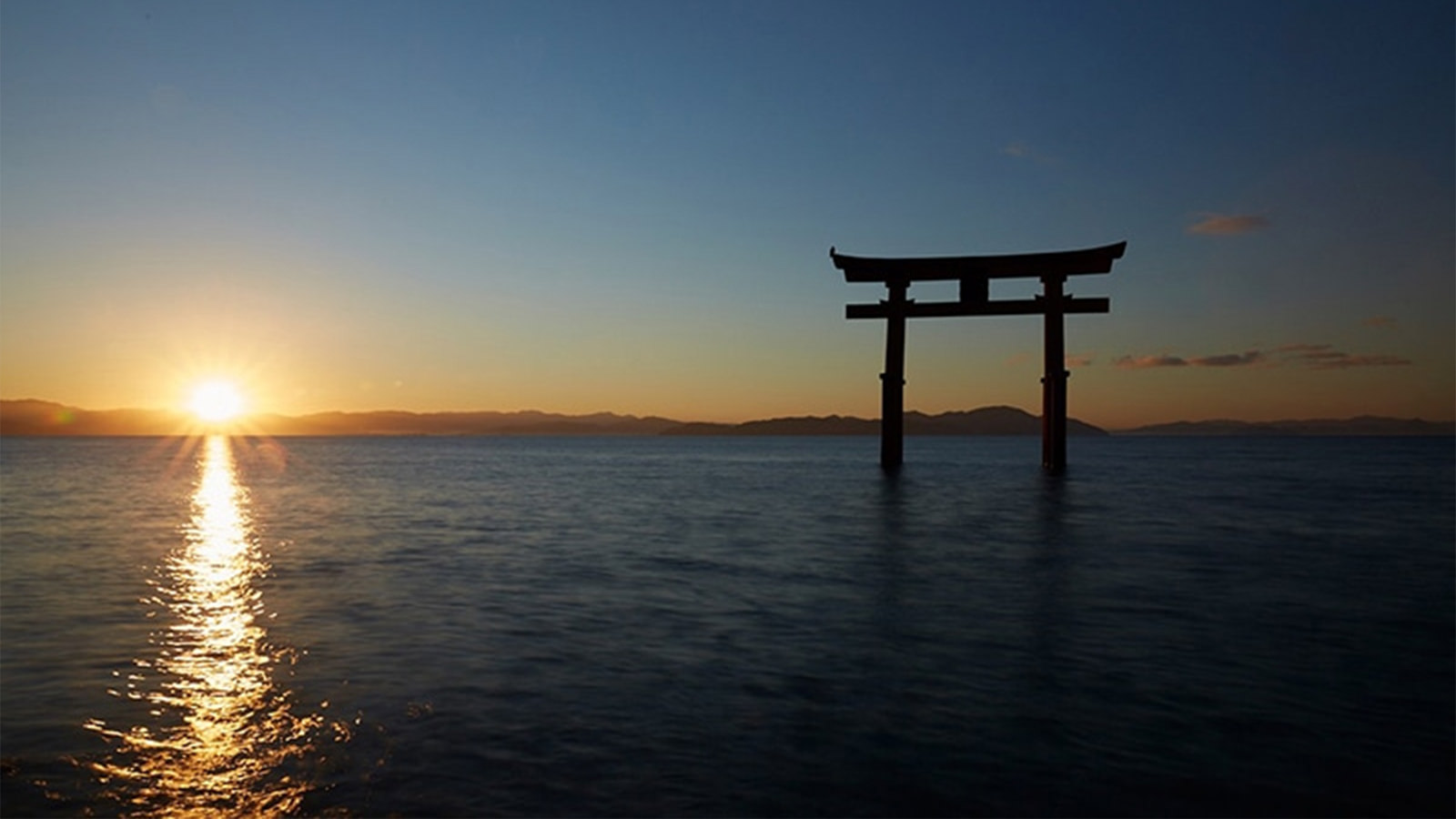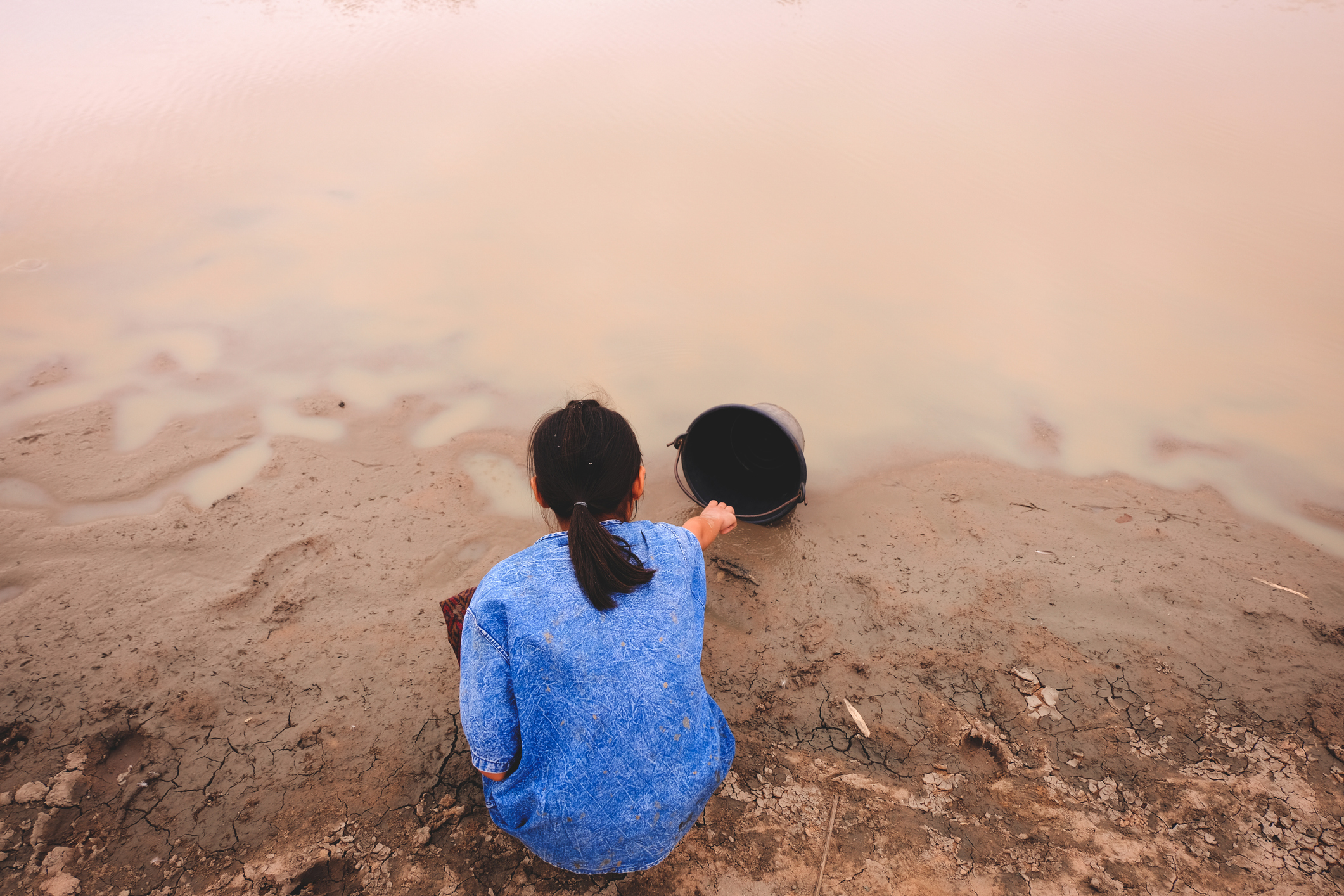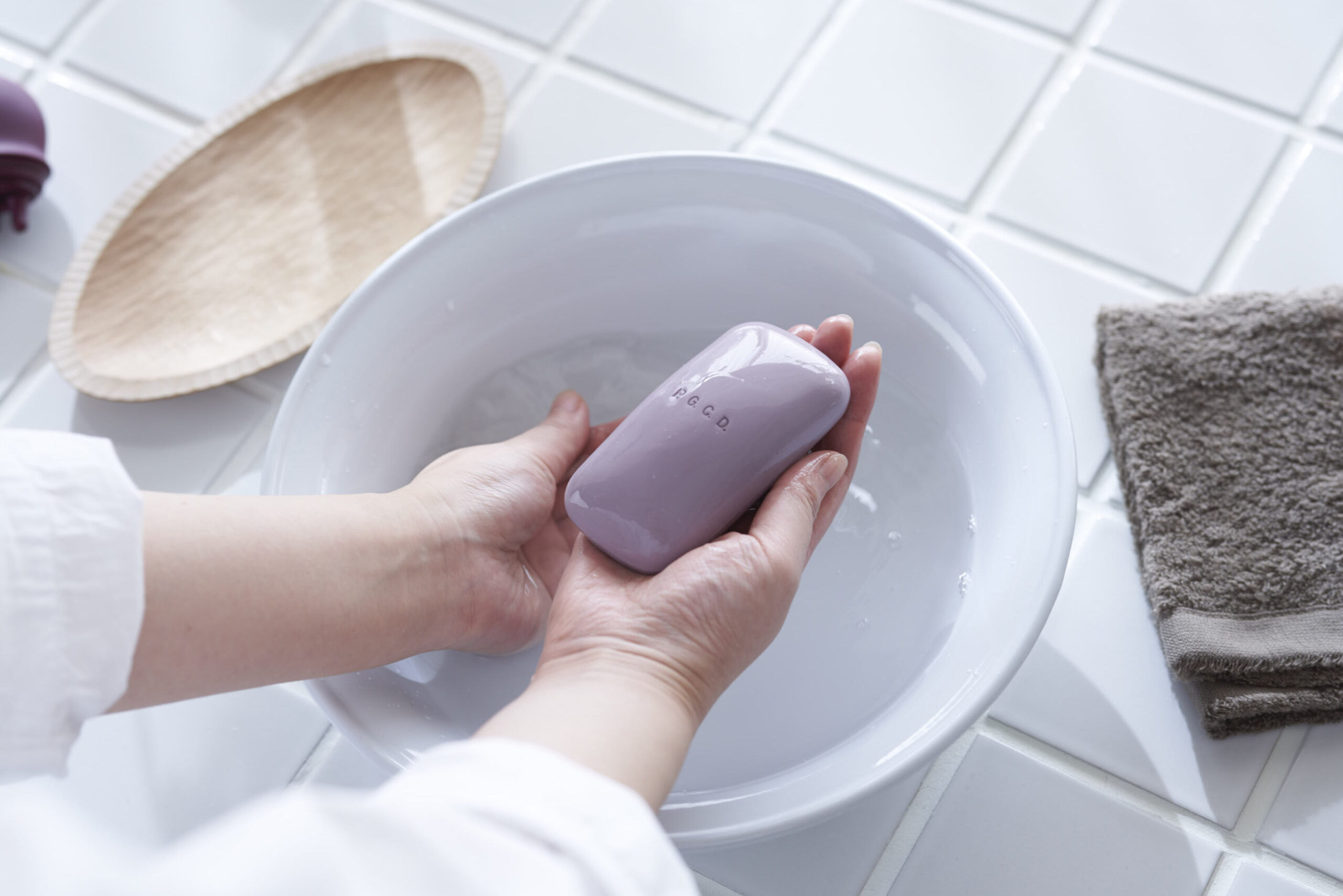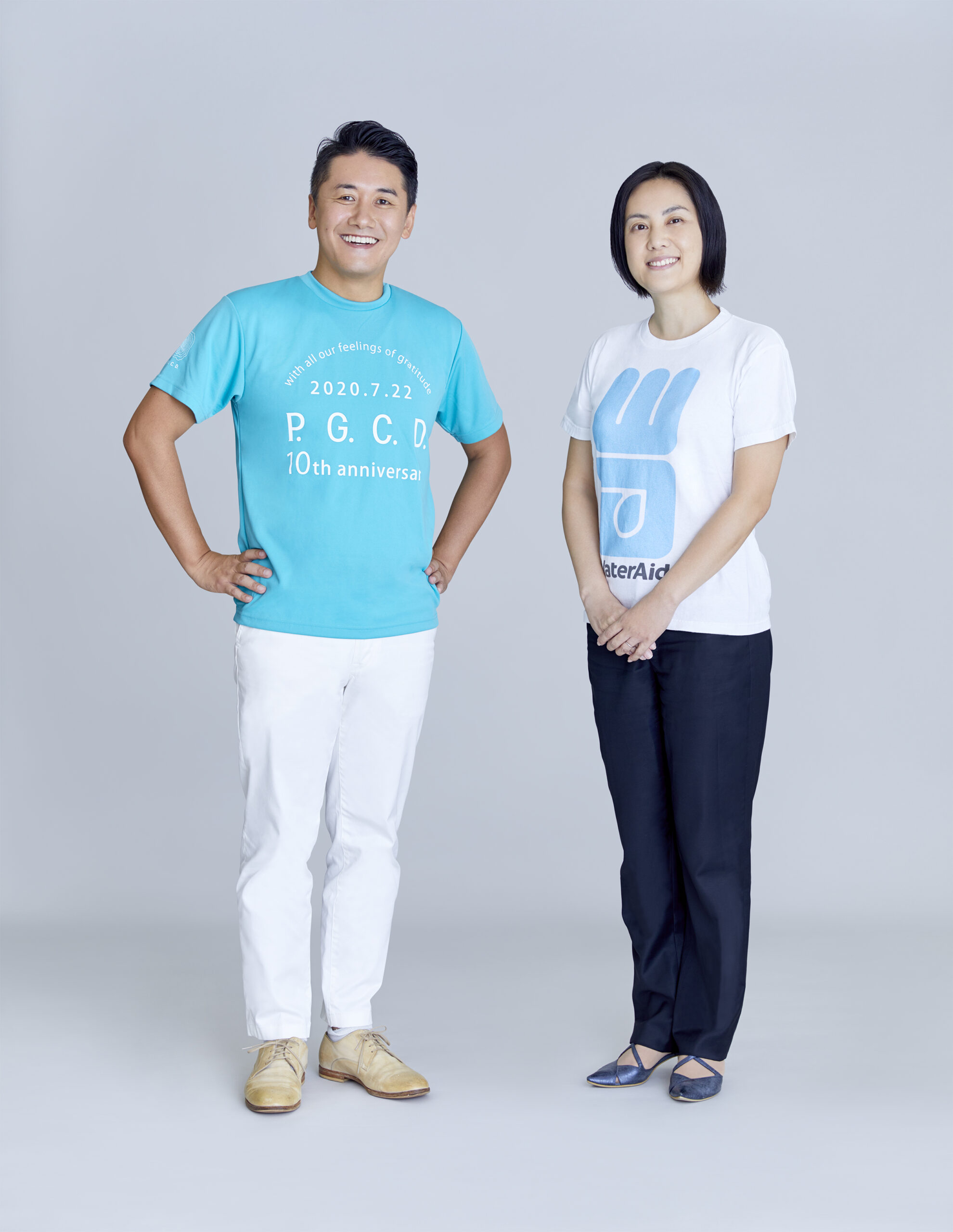
Water problems connect with everything.
JBIG,P.G.C.D. From January to June 2020, JAPAN held the "Soap 1 Tons of Water Challenge for Children to Save the Earth".JBIG, focusing on the results of the challenge and the world's "water problems" that are becoming more serious year by year, on the ideal state of a sustainable society.P.G.C.D. Taihei Noda, the representative of JAPAN, and Kaoru Takahashi, the secretary-general of WaterAid Japan, talked with each other.
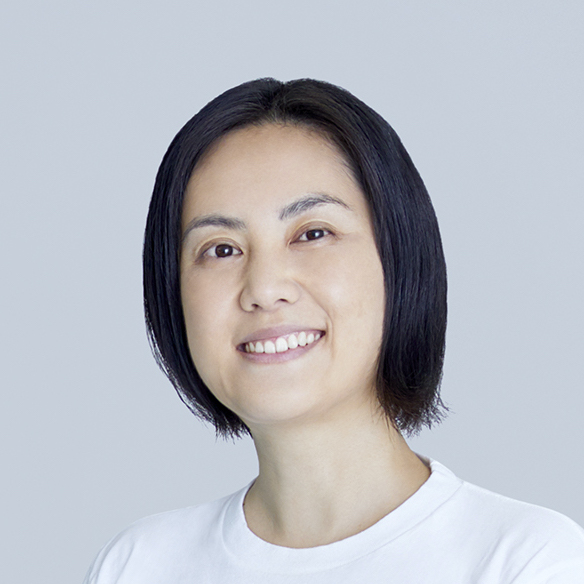
Secretary General of WaterAid Japan
Kaoru Takahashi
Interested in international cooperation in high school.After graduating from university, got a job at a distribution and retail company.After earning a master's degree in development studies from the School of Oriental and African Studies, University of London, he joined an emergency humanitarian NGO and was in charge of public relations and marketing. He has been in his current position since 2012.
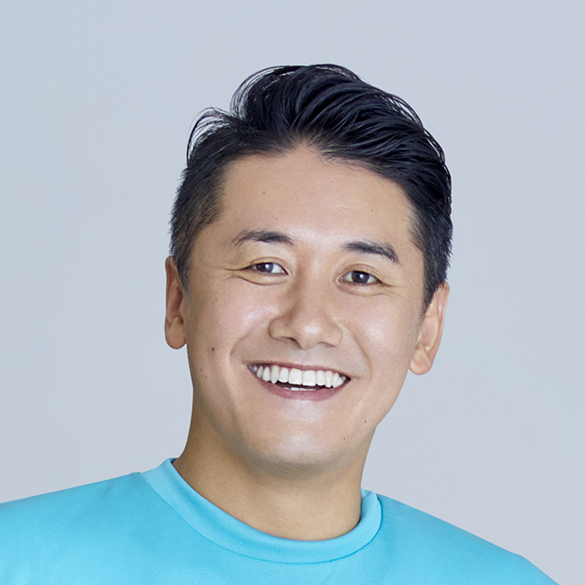
Representative Director and CEO of JBI GROUP (JBIG) Co., Ltd.
Ltd.P.G.C.D. JAPAN CEO
Taihei Noda
Born in Fukuoka Prefecture in 1979. In 2010P.G.C.D. JAPAN is established. Develop and sell skin care and scalp care products to increase the number of people who change their age into beauty. In 2019, JBI GROUP, a holding company, was established. Under the corporate philosophy "Pay forward", we will create sustainable products and businesses with the mission of "increase the number of people who make the world happy" and contribute to society and the future.
The problem of "water" and the distortion of the earth brought about by our lives
Trigger for each "water"
Taihei Noda (hereinafter Noda) This year, we wanted to take action related to the "water problem," which is the starting point of our product development.So you consulted with the certified NPO WaterAid Japan and Mr. Takahashi, the secretary-general.
Iku Takahashi (hereinafter referred to as Takahashi) When I received the plan for this campaign P.G.C.D.When I asked about Japan's philosophy and thoughts, I really sympathized with it.I was very happy to be able to take on new challenges with companies that are serious about water issues.Why did Mr. Noda become interested in water issues?
(I.e. I was born in Kyushu, but the first thing I learned about environmental issues was Minamata disease.It is a pollution disease in which a fish eats mercury flowing out of a factory in an area called Minamata, and a human eats the fish and becomes Minamata disease.However, the Minamata factory did not intend to make humans suffer from Minamata disease, but was doing something useful to humans all the time.However, it circulated around and caused Minamata disease.
Also, in 1979, when I was born, there was a soap movement in Lake Biwa called "Let's use soap."The cause of the pollution of Lake Biwa was domestic wastewater containing synthetic and chemical raw materials discharged from ordinary households, including cosmetics.I was very shocked to know that fact.Instead of making a person beautiful, I wondered what made the earth so dirty, what made him happy, what made him happy, and how he lived.Isn't it strange to live with such values and ways of thinking?
That's why I wanted to simplify the product itself, focus on the soap that will eventually become zero, and hope that this product can really make people and the earth beautiful.There has always been water at the start of this business for me.I want to convey it to various people.

(I.e. That led to the vision of "beautiful people and the earth" and this challenge.
(I.e. That's right.There are many companies that are working to contribute to society apart from their main business, but I think that the business itself should be a business that contributes to society.We are working every day to save the planet through soap.
Meanwhile, this year I started with WaterAid, "Soap saves the earth 100 tons of water challenge to deliver to children.* XNUMXThe target amount of water was 500 tons, but in the end, we received a total of about 900 tons of support.The collected donations will be used to support activities to install water supply facilities using spring water through WaterAid Japan and to donate water purification agents through the Japan Committee for UNICEF in areas where safe water cannot be secured in India. To go.Currently, due to the global corona disaster, construction cannot be done locally, but it will definitely be done in the near future.
Including the challengeP.G.C.D. The reason for the start of JAPAN was related to "water". Why did WaterAid decide to focus on "water"?

(I.e. The origin of WaterAid's first establishment was also from the perspective of "water." It was founded in 1981, but at that time the United Nations decided that the decade from 1981 to 1990 would be the "10 Years of International Drinking Water Supply and Sanitation."People from the British government and the British Waterworks Bureau who agreed with it got together and talked.At that time, there weren't many organizations in the world that specialize in water.That's why WaterAid was founded by the people of the British Waterworks Bureau not only to deliver clean water to British people, but also to deliver clean and safe water to people in developing countries. is.The original origin was created to specialize in "water".
Another reason is that water is really connected to many things.It also leads to health, education and gender.For example, in a village in Africa, children and women spend several hours each way fetching water every day.Most of the people who are forced to work hard to fetch water are women and children.I can't go to school to get water and I don't get enough education, which limits my future jobs.Women are forced to spend a lot of time pumping water, creating a vicious cycle of being stuck in poverty.In addition, many children die because they cannot drink clean water because they frequently have diarrhea and cannot absorb enough nutrients or become infected with cholera. "Water" is really connected to various problems, so I think that solving water problems will change the lives of people in developing countries.In that sense as well, we specialize in "water" based on the idea of changing from "water".
(I.e. What kind of people are many of the supporters in Japan?What kind of feeling do you want to support?I want to know about the supporters.
(I.e. I agree.There are some parts that we haven't been able to market properly yet ...When talking on the phone, I think many people really agree that water is really important for living.I want people all over the world to be able to drink the clean water that is essential for living. I think many people agree that the focus is on "water."
Where does Mr. Noda sympathize with our organization?
(I.e. First of all, I sympathized with the focus on "water."As I mentioned earlier, I thought that there were many things in common with the theme of "water" that we are thinking of.Also, as Mr. Takahashi said, there are not many companies and organizations that carry out activities and products with the theme of "water."Even if we make various products, we end up using water, and even if we recycle it, we use water.Furthermore, for us, who import a lot of things, we use various ingredients in cosmetics, but the ingredients are not made in Japan, but in Africa, for example.Isn't African water still used to make that ingredient?But when it comes to water issues in Africa, Japan doesn't have much support for it, and in the end it uses African water just to get cheap ingredients, so it uses that country's water. That's right.
I was very aware of the fact that Japanese people think that water is in the water, but they are not trying to see the world's water problems.That's why there are many things in common with Mr. WaterAid, who is thinking about the circulation of water on the earth with the theme of "water", and the idea of soap that I have is very similar. I thought there was.I really think it's wonderful to be able to do this campaign together.
(I.e. I'm really happy to be with you.Thank you very much.
* 100 [Soap saves the earth XNUMX tons of water challenge to deliver to children]
JBIG,P.G.C.D. A campaign project conducted at JAPAN with the cooperation of WaterAid Japan and the Japan Committee for UNICEF.See the URL below for details and results of the campaign.
JBIG campaign dedicated page:https://www.jbig.co.jp/action/soap2001/
Sacrifice of developing countries behind "richness"
(I.e. What are the challenges of water issues in the world today?
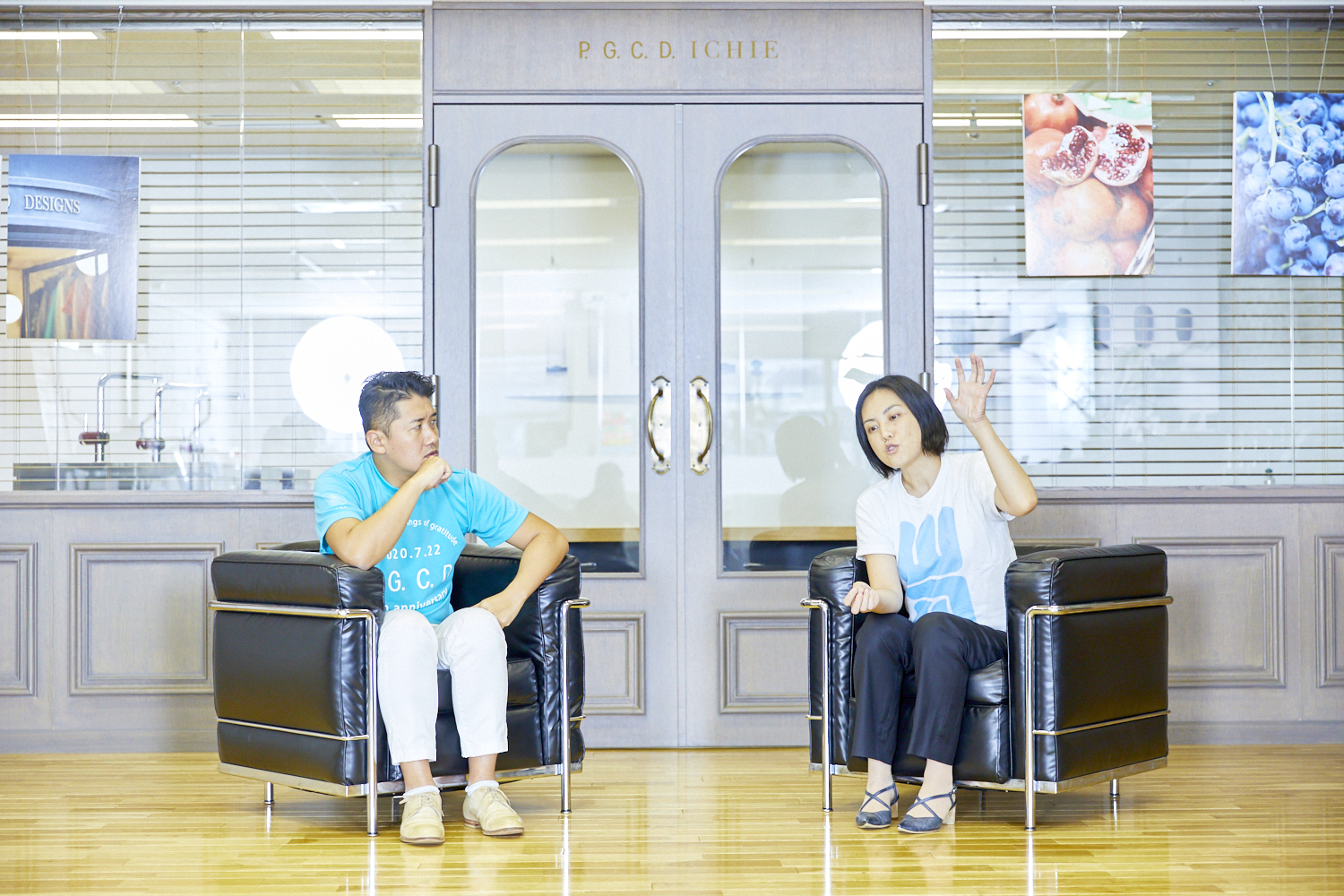
(I.e. About 10 years ago, the United Nations recognized that it is a human right to use clean and safe water.However, even today, about 7 million people worldwide do not have access to clean water.The fact that some people cannot use clean water means that their human rights are not protected.Not only from a hygienic point of view, it causes various problems.
(I.e. It is said that it is a human right to use clean and safe water.I didn't know.
(I.e. It's everyone's right, so even if you don't have the money and you can't pay the water bill, you have to be guaranteed to use clean water.But there are 7 million people in the world who can't drink clean water.
(I.e. And from such a place, "Virtual water※ 2We are importing water, aren't we?I didn't know much about virtual water before, but the more I looked it up, the worse it was, and I was shocked.I thought that Japan was rich in water, but in reality, many developed countries, including Japan, enrich their lives with the precious water of developing countries such as Africa, which is said to have no water. I was shocked to find out that I was robbing for it.I think this economic cycle is really strange.
(I.e. Japan's import of virtual water is said to be about the same as the annual amount of water used in Japan.※ 3For example, 1L of water is used to make the coffee beans needed to drink a cup of coffee, which is equivalent to a cup of bath.Drinking a cup of coffee means that if you are from Ethiopia, you are using 200L of Ethiopian water.The yellow plastic tank that is common in developing countries is about 1L, but we are using 1 plastic tanks that children are carrying so hard for a cup of coffee.
(I.e. That is why I think that "people and the earth are beautiful" that we advocate must contribute not only to ourselves but also to other people and the earth.However, I am concerned that many companies are unwilling to change the status quo and cannot make major changes.
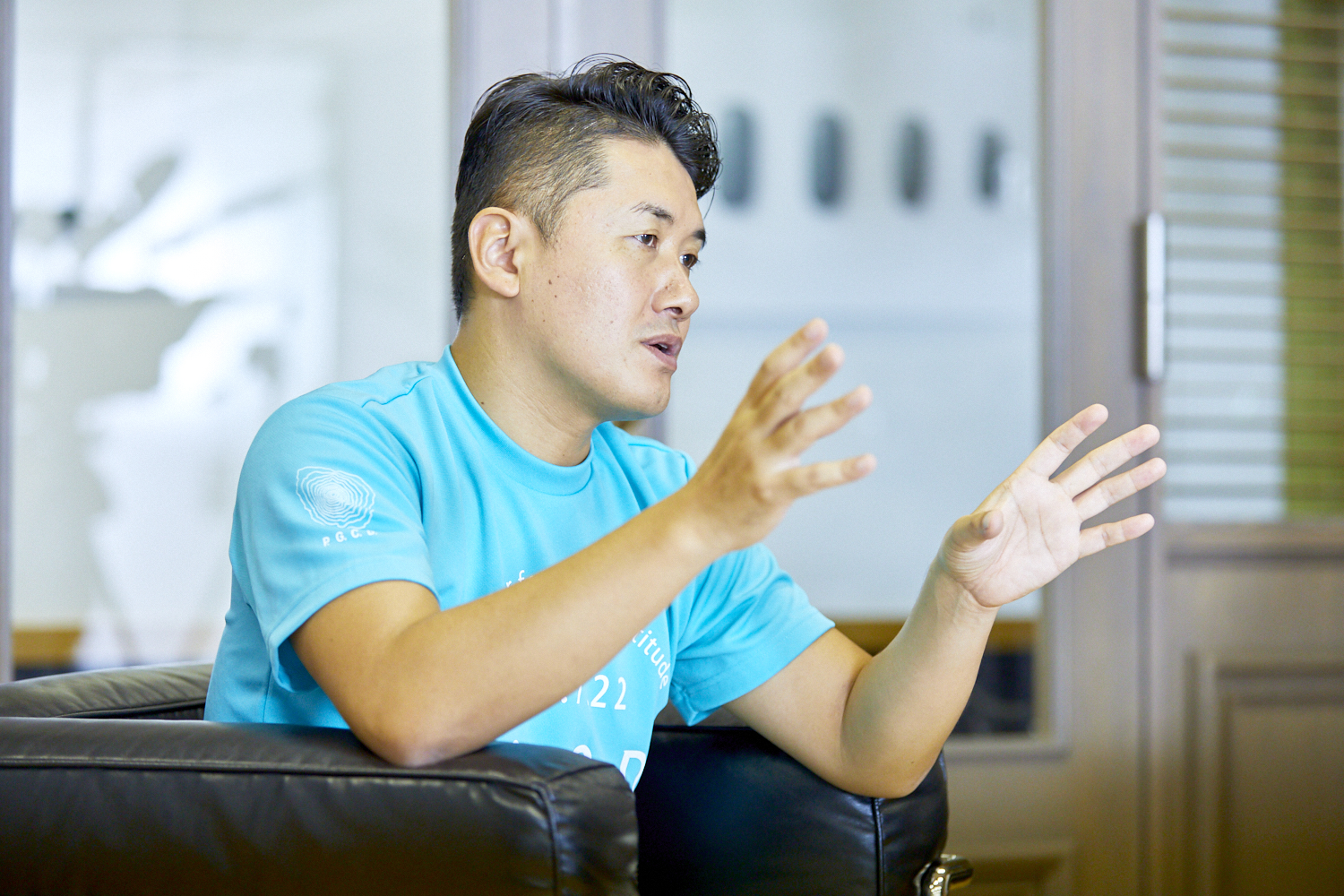
For example, recently, many people say that the white coral reefs in Okinawa are beautiful when they see them, but the white coral is actually a corpse.He says it's beautiful when he sees it, but he doesn't even know that there are seven colors, and the situation where he only knows white coral is 7 points among the people.From my point of view, the current coral reef score is about 100 instead of 100.
In all areas, I'm not trying to be better than I am now, I'm just trying to keep it now.I think that companies should not make a small contribution to society in a place different from their main business, but rather make a big move that makes the biggest main business itself change the earth.However, many Japanese companies have not been able to do that, so it has become a country that imports water in the form of virtual water.Despite the fact that Japan has an infinite amount of water, we are not tackling the water problem at all.
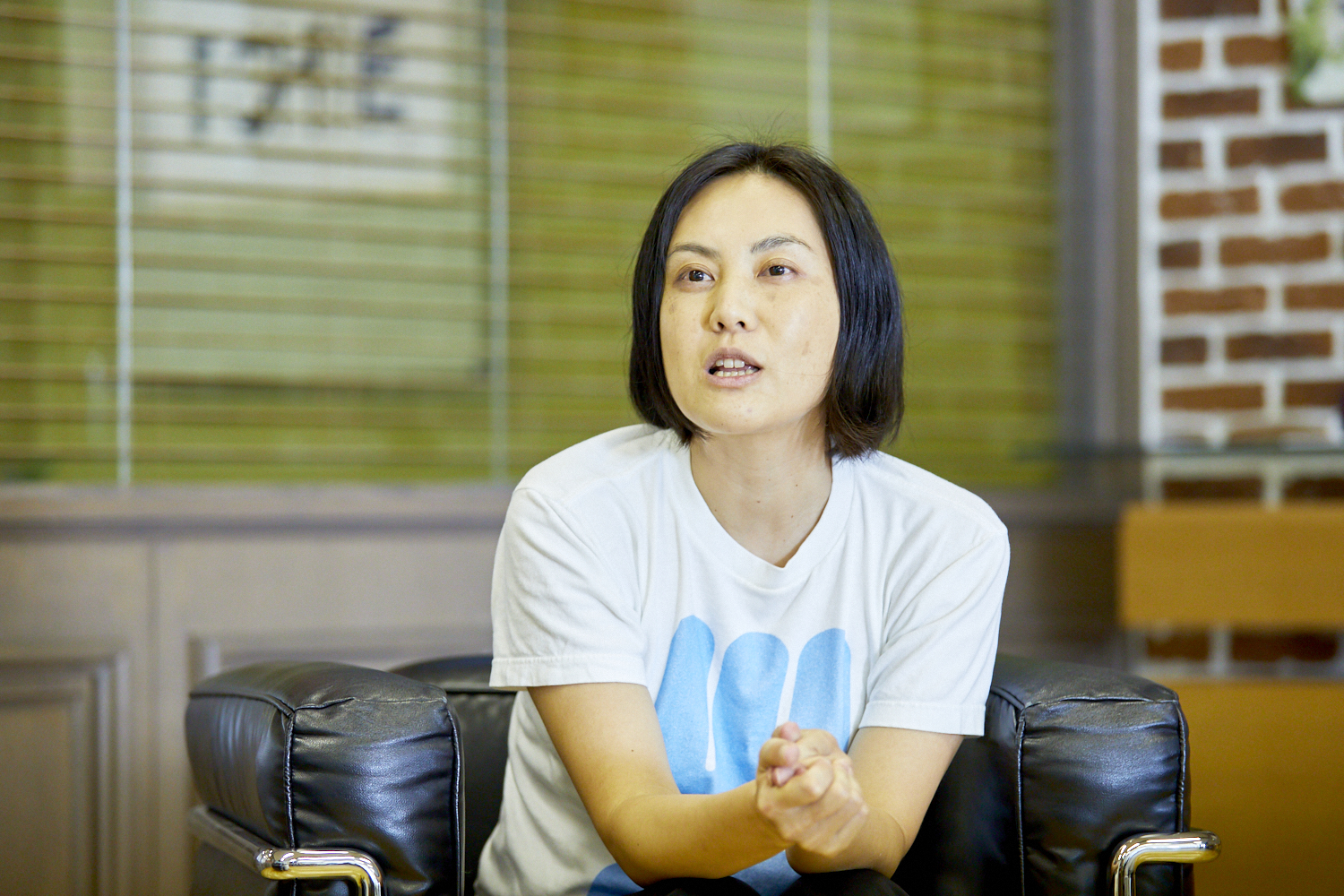
(I.e. As you say, unfortunately, modern human life is inevitably damaging the earth, and I think there are contradictions and distortions in various places that support our lives.And, after all, the most likely victims are the poor in developing countries and those in difficult situations.For example, in terms of the effects of climate variability, the way it rains is becoming more and more abnormal in Japan, but it can be said that the damage caused by disasters has been reduced because measures such as hydraulic control have been taken to some extent.In developing countries, as people who lived in rural areas move to cities in search of work and the population of urban areas increases, some people have no choice but to live in difficult-to-live places such as riversides and lowlands. I will come.In such areas, heavy rains can cause frequent floods and inundations, as well as excrement contamination and diarrhea epidemics.Also, in the event of a drought, the only source of income may not be harvested, and the livestock that you have cherished may be sold, and your income from next year onward may be completely cut off.
We are working for them because we are actually witnessing that the poor are the most vulnerable to the ongoing challenges on Earth.However, you realize that our lives are made up at the expense of not only the earth but also various people.
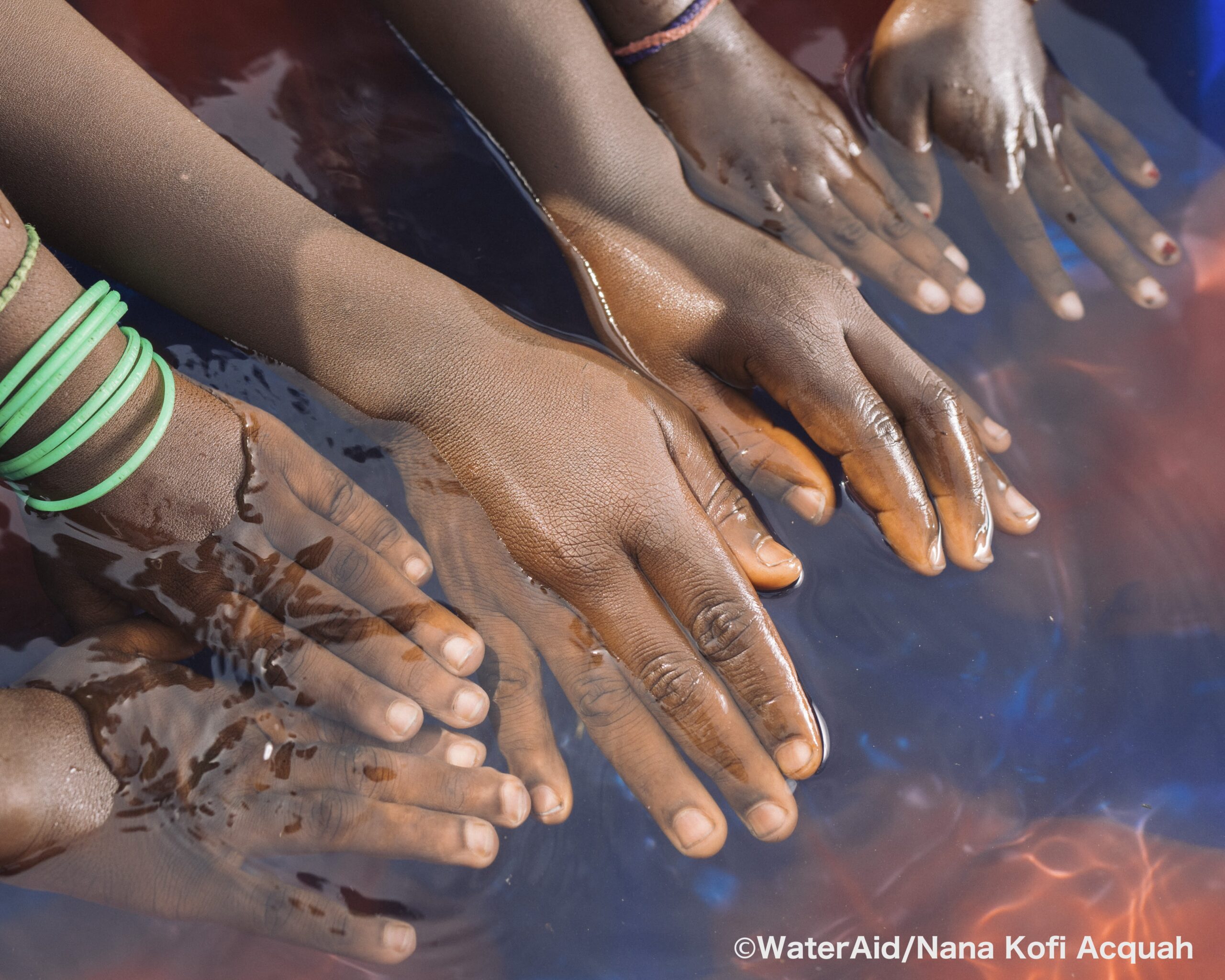
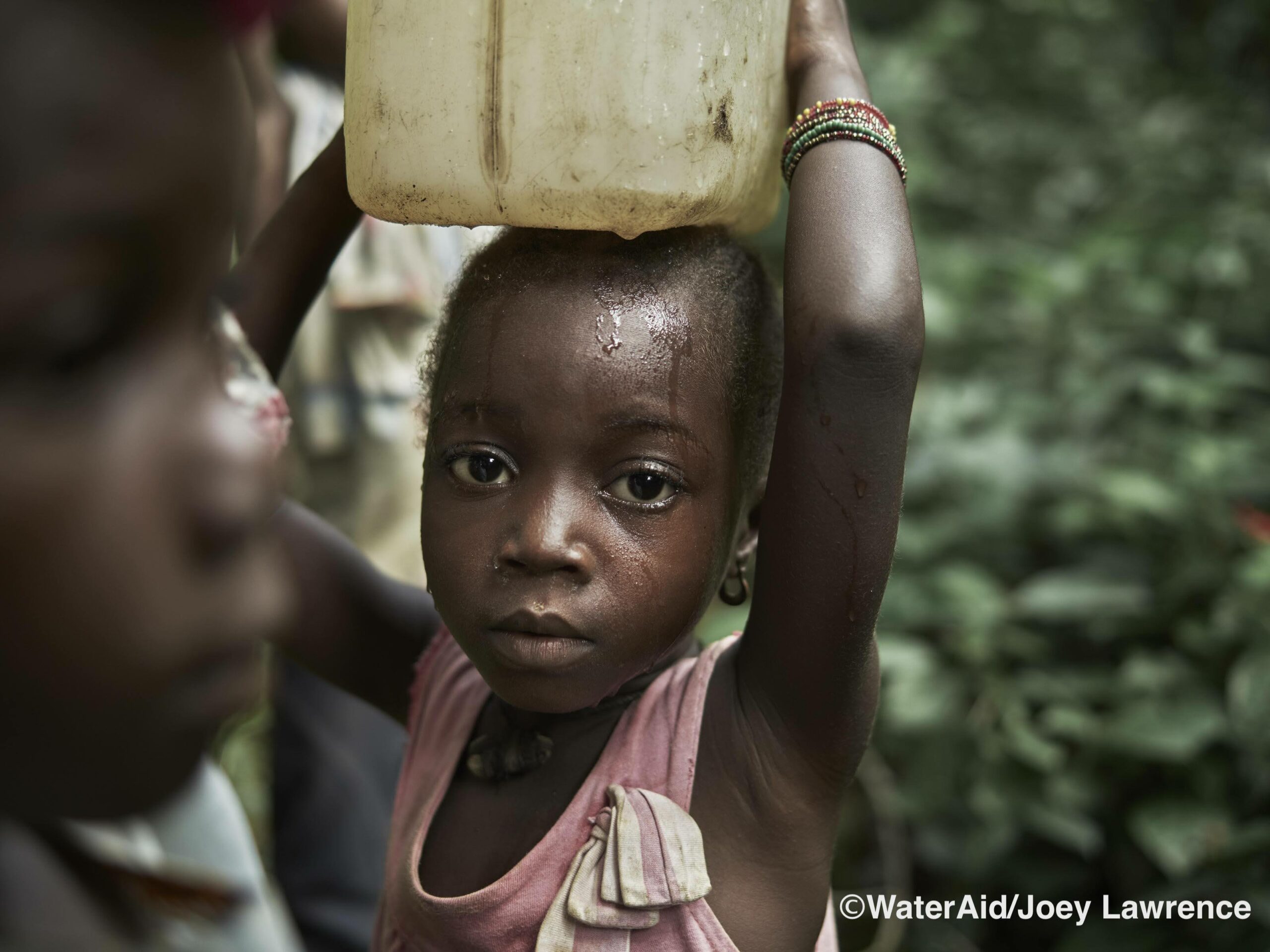
* 2 [Virtual water]
Anthony Alan, Professor Emeritus of the Department of Oriental and African Studies, University of London, estimated how much water would be needed to produce the imported food in the country that imports the food (consumer country). Introduced concept.For example, to produce 1 kg of corn requires 1,800 liters of water for irrigation.In addition, beef grows while consuming a large amount of these grains, so it takes about 1 times as much water to produce 20,000 kg of beef.In other words, by importing food from overseas, Japan does not have to use its own water as much as it needs to produce it.In other words, food imports can be thought of as importing water in a different form.
Quote: Ministry of the Environment homepagehttps://www.env.go.jp/water/virtual_water/
* 3 [Japan's virtual water import volume]
Since Japan's calorie-based food self-sufficiency rate is about 40%, it can be said that the Japanese depend on water overseas to live.In other words, Japan is connected to overseas through the import of virtual water, and water problems such as water shortages and water pollution overseas are not unrelated to Japan. In 2005, the amount of virtual water imported into Japan from overseas was about 800 billion cubic meters (* 1), most of which came from food.This is about the same as the annual amount of water used in Japan.
* The group of Professor Oki of the Institute of Industrial Science, University of Tokyo has calculated a value of about 2000 billion cubic meters based on 640 data.This estimate was calculated by the Ministry of the Environment and the Japan Water Forum, a special non-profit organization, after updating the data in 2005 and adding new products such as wood and under the guidance of Professor Oki.Quote: Ministry of the Environment homepagehttps://www.env.go.jp/water/virtual_water/
The world changes with those who make, those who use, and "personalization"
"Knowing" is a step toward a solution
(I.e. Mr. Takahashi and other WaterAid people are actually going to the site to build wells, but is there anything else you can do in Japan other than donations?
(I.e. First of all, I would like you to know that there is a problem with "water" and spread it.It is understood that water is important for living, but in Japan, if you walk for 10 seconds, there is a water supply somewhere and you can get water, so it is too common to have water and it is clean. The current situation is that we cannot pay attention to the fact that some people live in a way where they cannot easily obtain water.First of all, I would like various people to know about the issues of water problems in the world and to spread them.
(I.e. I heard that there are many supporters around 40 years old, Mr. WaterAid.P.G.C.D. The main volume of Japanese customers is in their 40s, so I thought it might have a great affinity with WaterAid.I want you to know more about WaterAid through this challenge, and I hope that our customers will be able to think more about water with a greater awareness of the problem. I think.
But why isn't it so publicly known about virtual water, these water-related problems, and the strains that are occurring on Earth?
(I.e. I feel that these issues have become so commonplace that they are rarely refocused.In particular, the water problem is becoming more serious year by year, but it is unlikely to become a new topic in the international community.Especially in Japan, there are almost no problems with water, so I think it's hard to get interested and there are few opportunities to think about it.
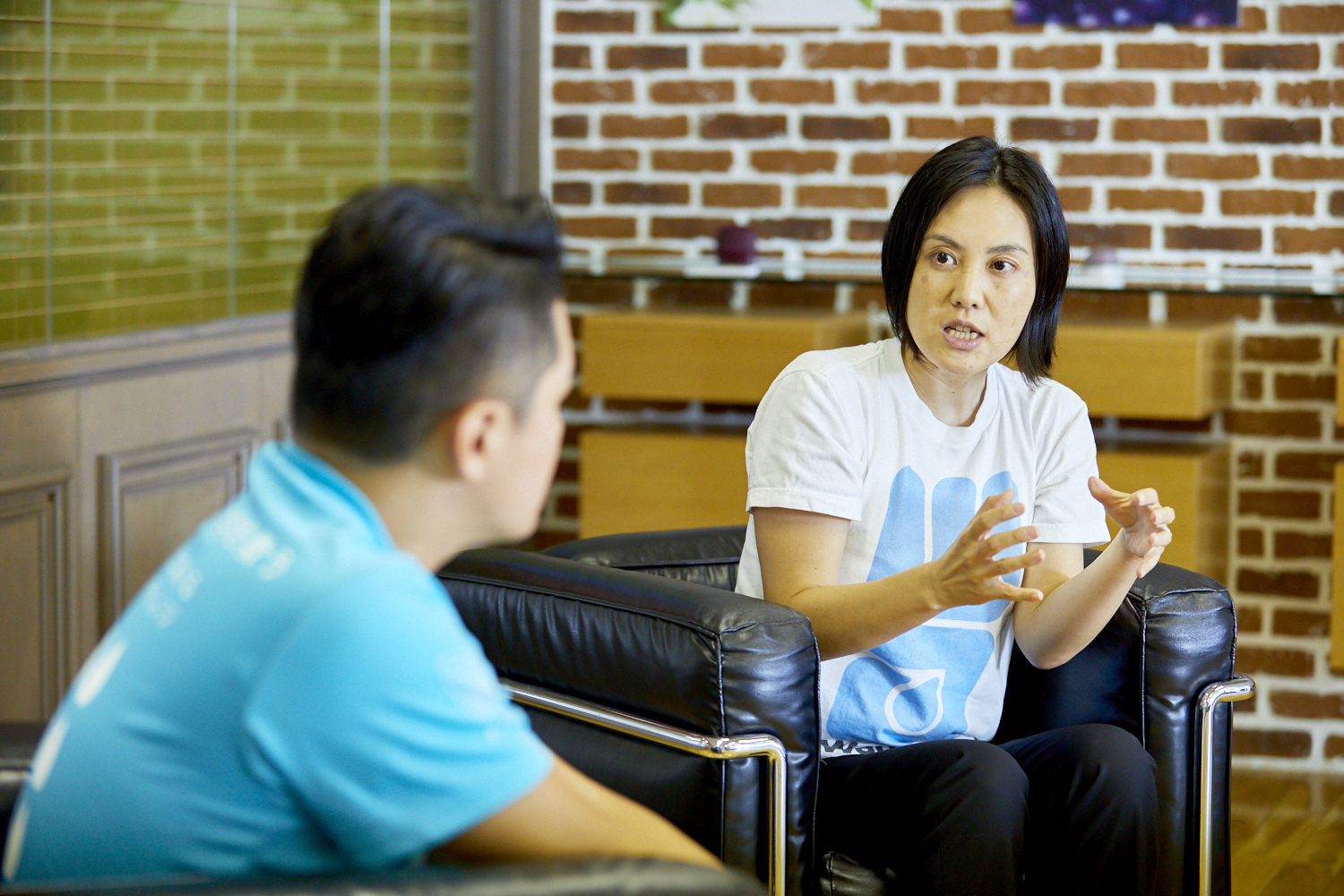
As an organization specializing in water and sanitation, I think that our organization is engaged in high-quality activities that make use of its expertise, but I think that more people are aware of water issues. I think we need to think more about what we should do to get them.
That's why I'm very grateful to collaborate with companies and let people who we can't talk to know.And I would like to work together to get various people to know the idea of how to expand from there while receiving various ideas from companies.However, I think that the awareness of each person is important.
(I.e. You haven't been able to "personalize" yourself.But if everyone loses interest, no one will work on solving the water problem. We have to increase the number of people who think, "If you leave the water problem alone, you can't do it."
(I.e. Every year, WaterAid conducts educational activities on "World Water Day (March 3)" set by the United Nations.Many of them are taking actions such as attaching the hashtag "# Blue22Water" to a photo wearing a blue one and having it posted on SNS, or lighting up a large-scale facility such as Tokyo Big Sight in blue. I would like to invite people from all over the world to participate.
(I.e. I wondered if I could do something to let more people know about WaterAid's activities and water issues.That's why I created the "Blue Soap Action" sticker.I wanted to create easy-to-understand symbols such as the pink ribbon and red feathers of breast cancer.Once you have purchased the soap, we are going to give you a Blue Soap sticker.In the future, I hope that it will permeate the world as a symbol mark and icon for water problems and be used by various organizations, companies, and people who are aware of the problem.
(I.e. That's a nice idea!I will also increase the number of webins held, talk online with local people, disseminate information on the current state of water problems in the world, and create opportunities for many people to think about water problems. I want to
"Buying things" is a choice of "way of life"
(I.e. Even in the cosmetics industry, like virtual water, there are contradictions to enrich our lives.In Japan, about 3.6 bottles of shampoo, conditioner, conditioner, treatment, etc. are lined up in the bathroom of one household.In other words, I flushed the water 3.6 times to wash it off.Just to wash my hair.
(I.e. In fact, it is said that a shower consumes about 1 liters of water when used for one minute, which is equivalent to about half the amount of water (about 10 liters) that children and women in developing countries bring back with one water fetch. I will do it.We can easily take a shower, but children give up going to school and playing with friends to get the same amount of water, walking for 1 hours and 20 hours to fetch water. I'm going toI feel that the importance of water is different even though it is on the same earth.
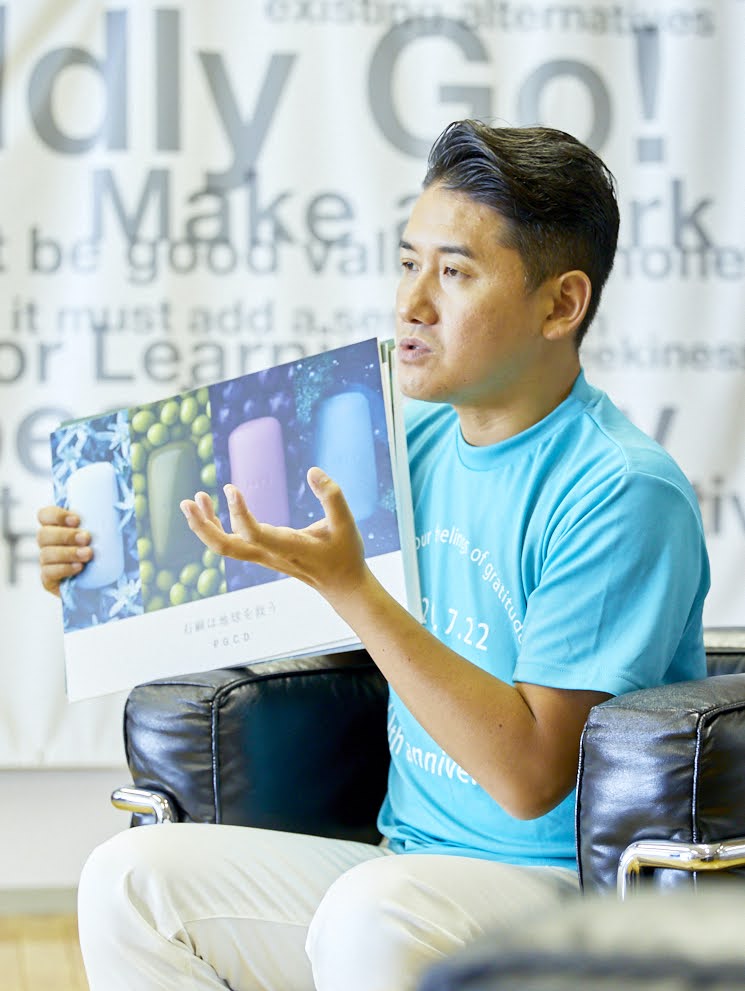
(I.e. That's right.In addition, the average number of women's skin care items is currently 6.8, which has not decreased but increased in the last five years.Even though technology is evolving and becoming more convenient, I think it's not strange that the number of things is increasing rather than decreasing.
Savon Mauve was developed to resolve these contradictions.Shampoo, conditioner, conditioner and treatment can all be completed with one soap.Therefore, you only need to wash it 1 times once, and since it is soap, it will be zero and no dust will be generated.If there is no refill, the amount of water used, such as water for filtering the washed water, will be reduced to 3.6/1.
I think that simplicity is innovation, and I am sending out what I can do to make it even more zero.
(I.e. With your support, I heard about your products and concepts, and I felt that it was wonderful to develop a business that aims to improve environmental problems with the BtoC business model.I was really happy to receive support from a company that is focusing on environmental issues.
(I.e. As I mentioned a little earlier, SDGs (Sustainable Development Goals) are becoming more widespread in Japan these days, and more and more companies are promoting CSR (Corporate Social Responsibility = Social Contribution Activities).However, most companies separate their core business from CSR.Originally, I am concerned that if the company's core business itself is not environmentally friendly, the SDGs and CSR will be only superficial efforts.In other words, I believe that the business itself should be a business that can contribute to society.
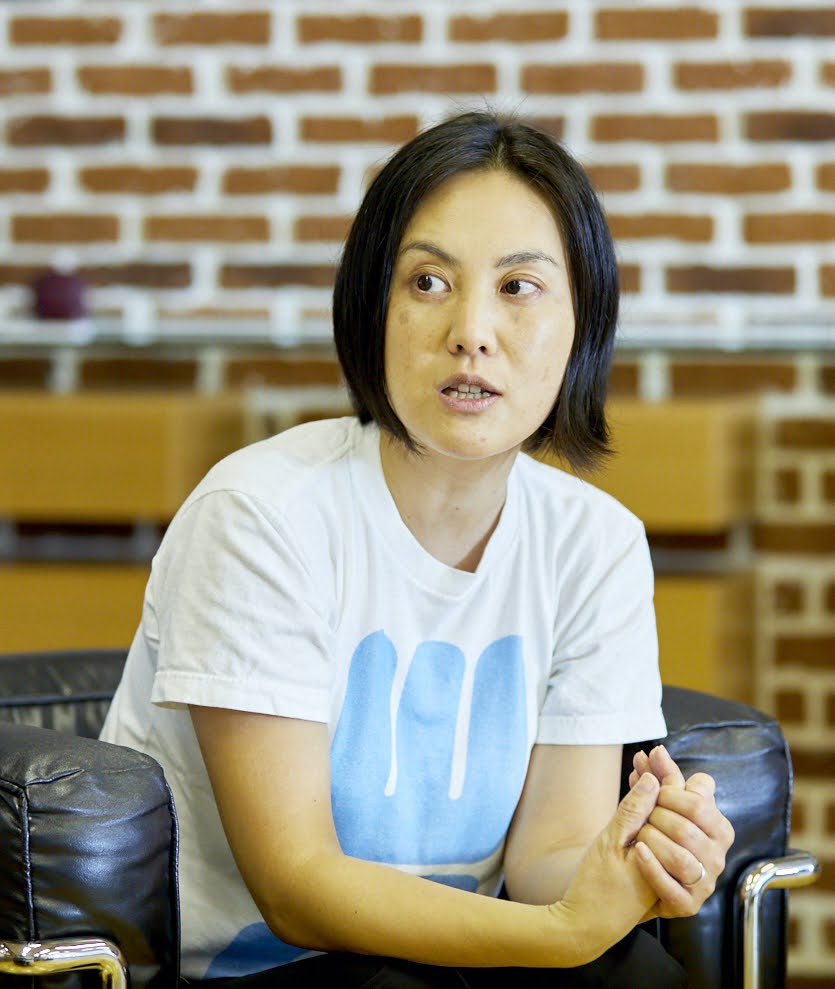
(I.e. It's subjective to the last, but I think there are still many things we consumers and companies can do to "change into a sustainable society."We, as consumers, need to think about and make choices about a sustainable society when choosing products and services, rather than just seeking change from companies.
On the other hand, consumers inevitably demand "cheapness", and companies try to meet it and produce it in a way that is as inexpensive as possible.However, behind the scenes, there are cases where some people are forced to work in a poor environment or put a heavy burden on the environment.I think that companies will be required to have businesses that lead to a sustainable society in the future, and as consumers, including myself, "price" is important for living, but before jumping to cheapness. Isn't it important to stop and think once?
(I.e. Recently, I feel that "healthy" has become a keyword as a global trend in consumer behavior.Healthy here does not mean just health, but also "selfishness".It is a value that we know the production process of what we consume and the impact on the environment, and make selections at the time of purchase.
Our soap isn't cheap either.However, some people say that the amount is high, while others say that it is cheap after all.The reason is, for example, in skin care, compared to purchasing an average of 6.8 items and performing the process every day,P.G.C.D. If it's a Japanese product, it will be completed in 2 steps, so you said that it's cheaper because you don't buy it anymore.It's not that there are consumers who want to use a large number of items, but it's the manufacturers that sell them in that way.Manufacturers would normally have to send out "Let's stop living to increase things", but we will increase things because it is easy to sell.
Consumers say, "My way of life is really healthy, not only for myself, but also for people, the earth, the economic cycle, and human rights around the world. I would like you to think about it and make your own choice.It is no exaggeration to say that it is a "choice of life", and I think that such behavior of consumers will change companies and the world.
(I.e. You're right.I hope that such values will spread as a standard when choosing products.
Goal 12 of the SDGs is "responsibility to create and responsibility to use".In other words, the maker (company) is responsible for making things in a sustainable manner, and the user (consumer) is responsible for making things sustainable when buying things. It is being presented.
If more people choose SDGs as one of their ways of life, I think the world will change for the better.
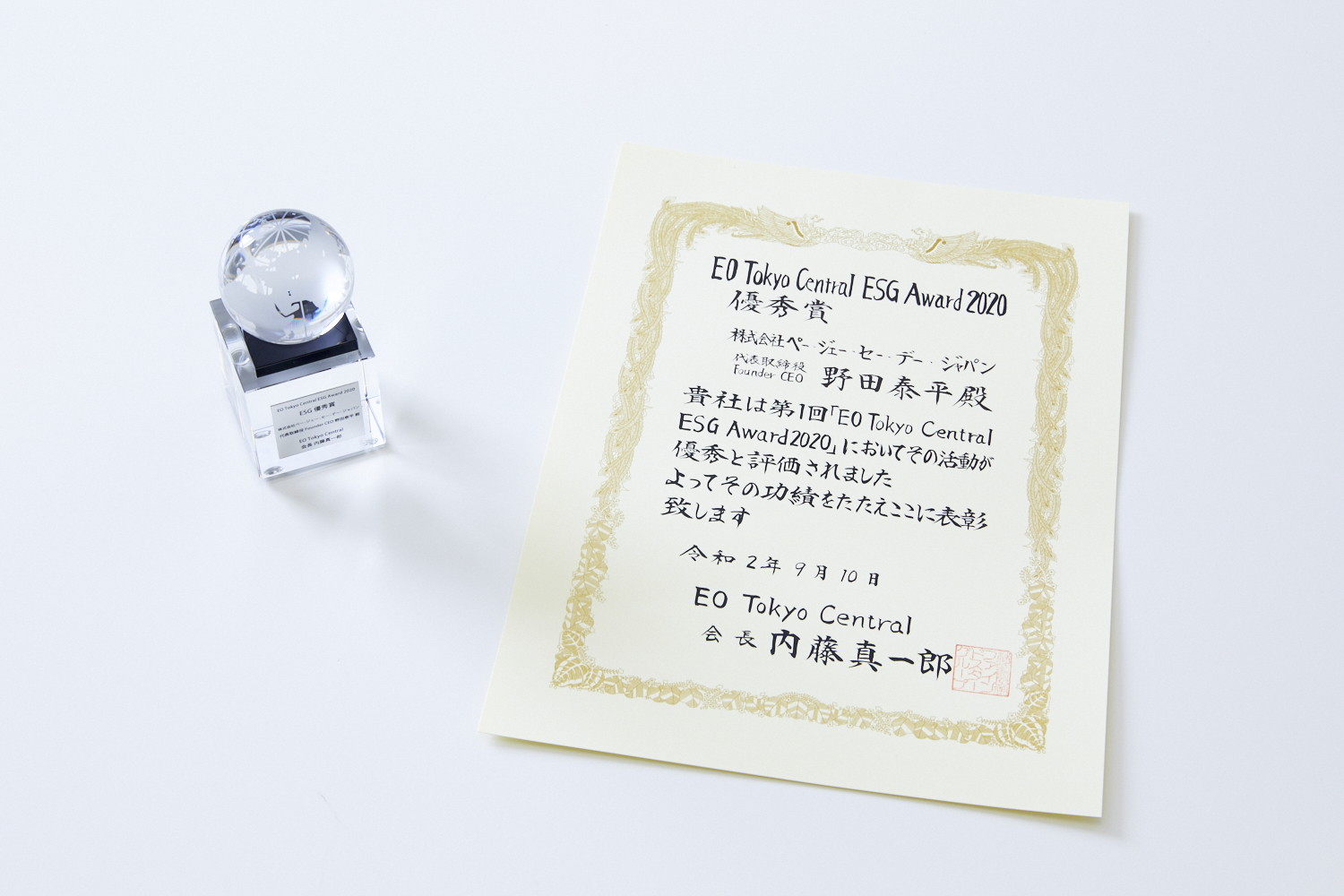
(I.e. I definitely want to change it!
FinallyP.G.C.D. Can you give a message to the customers who supported JAPAN and the campaign, and those who are viewing the dialogue article?
(I.e. First of all, thank you very much for your support.
As I said earlier, even if we talk hard about water problems in developing countries, there are places where it does not reach a wide range of people.P.G.C.D. It is really grateful that a wider range of people can learn about water issues through companies, such as the campaign with JAPAN.From now on, the water problem will become more and more serious, but even in the international community, the water problem has become so commonplace that it is difficult to pay attention to it.And if everyone really doesn't care, it becomes a problem that doesn't have to be solved.The first step in solving the water problem is to make more people aware of the water problem and to increase the number of people who feel that they must think and act properly.
I would like all those who have seen this to investigate and disseminate information on water issues.Thank you for today.
(I.e. In the future, we would like to continue our activities so that WaterAid's activities will be known to the world and that many people will think about and act on water issues.I'm the one who should be thanking you.
